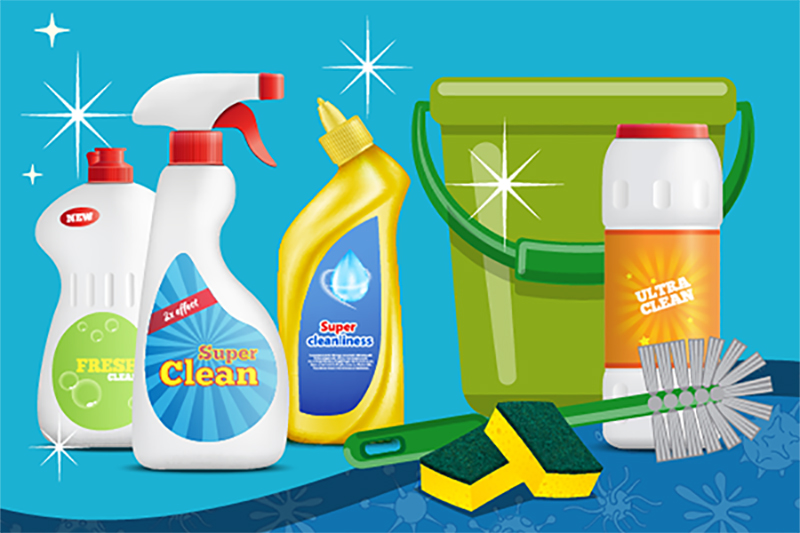Tips for Teaching Your Children Internet Safety
What you can do to protect your kids online.

The internet is a magical place full of opportunities for keeping up with friends, reading about current events, falling down Wikipedia holes, and doing way too much online shopping! But amidst all the learning and communications opportunities the internet provides, lurk sinister spaces which can impact your, and your children’s, safety.
Your little ones have more access to the world than you ever did at their age because of social media, YouTube, and a plethora of websites and apps, and while that’s fantastic, it also means that conversations about internet safety are necessary these days. But no worries! Talking about being safe online doesn’t have to be too difficult. Here are a few ways you can help your kids surf safely:
Understand the dangers yourself
Before you teach your kids, it’s best to educate yourself on the dangers that can be found online. One of the major kinds of inappropriate content children might access is pornography. In fact, research recently concluded that one in 10 children under the age of 10 has been exposed to pornography online.
Allowing your children to have social media can also open the door to the possibility of cyberbullying or being targeted by predators. Of course, just having internet access won’t guarantee your children will fall victim to these things but being aware of the risks can help you be proactive.
Other risks include viruses and scams (often accessed by children through fake free video game ads or other fishy links).
Teach your children boundaries with personal information
If you have social media, you likely have a friend or two who shares too much personal information online. Help your children understand that the internet doesn’t have a delete button and that once they post something, it’s on the internet forever—even if they delete it, it’s never truly gone! Teach your children to keep their personal information private, especially things they could easily give out without a second thought like addresses or phone numbers.
Helping them understand which things to share and, more importantly, not share, will serve them well for the rest of their lives. These lessons can help your children set and maintain healthy boundaries in other areas of their lives too!
Set rules
In this free-for-all world, it might seem a bit harsh to set limits on your kids’ internet access, but they will most likely thank you later. Have clear discussions on what your kids can and cannot do online. Explain to them what websites they are not allowed to access and who they are or are not allowed to talk to.
Using content filters, kid-friendly search engines, parental controls, and limiting their access to Wi-Fi or taking their electronics away and locking them up at night can also be helpful in maintaining rules. Keep in mind that there are many apps that allow you to restrict access, set filters, and even monitor your children’s internet use!
Keep the communication lines open
The most important thing you can do for your children is to keep the lines of communication open. Encourage them to come to you if they are facing a problem on the internet, or if they accessed a website they shouldn’t have. Your kids can easily encounter problems even if they are following your rules, but regardless if it’s accidental or intentional, responding to them with love and compassion can help you establish new rules and boundaries and deepen the trust between you.
Talking to your children about internet safety should be an ongoing conversation. The older they get, the more you can talk about. Communicating honestly and clearly with your children you will deepen your relationship, which will make them more likely to follow your rules and to come to you if they encounter any potential threats. We might have a lot of access to the world, but we can limit the world’s access to us.
For more information on safe-surfing tips, check out internetmatters.org, a non-profit set up to help parents keep their kids safe online!




